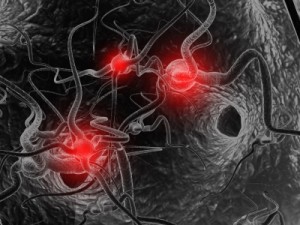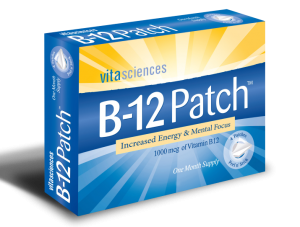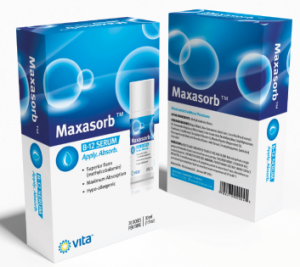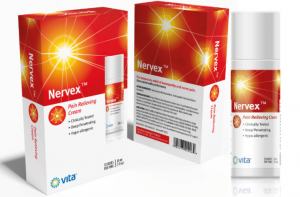Peripheral neuropathy is caused by damage to the nerves outside of the central nervous system. Autoimmune disorder is one of many conditions linked to peripheral neuropathy, resulting in chronic neuropathic pain, reduced mobility, and organ failure.
The peripheral nervous system
The peripheral nervous system connects the central nervous system (spinal cord and brain) to the rest of your body. Everything you touch, taste, smell, and see is filtered through your peripheral nerves. Even your controlled breathing, heart rate, and digestive functions are dependent on having a healthy peripheral nervous system.
With impaired peripheral nerve cells, you may suffer any of a number of debilitating painful ailments. Diabetes, pernicious anemia from vitamin B12 deficiency, and alcoholism are a few examples of conditions that cause severe peripheral neuropathy. If treated in time, nerve damage can be minimized or prevented altogether.
Nerve damage is often preventable and treatable, only if caught on time.
What causes peripheral neuropathy?
Listed are some illnesses, lifestyle factors, and medical treatments that are risk factors for peripheral neuropathy.
Autoimmune disorders
If you have a history for immune system dysfunction, then your chances of developing neuropathy are higher than others. Intrinsic factor antibody disorder is one such example that occurs when your immune system continuously attacks intrinsic factor, a necessary enzyme for digesting vitamin B12.
Vitamin B12 is absolutely crucial for protecting the nervous system, as it helps to promote production of myelin, an insulating substance that protects each individual nerve cell. Multiple sclerosis (MS) is an illness that breaks down myelin and causes peripheral neuropathy- many doctors believe there is a link between long-term vitamin B12 anemia and MS.
As vitamin B12 levels plummet, your risk for developing neuropathic pain and damage increases incrementally.
Tip: If you have a family history for autoimmune disorder, then get tested for serum vitamin B12 regularly, and learn how to recognize the symptoms and causes of peripheral neuropathy.
Illnesses
Other illnesses and conditions that may cause peripheral neuropathy are:
- Diabetes
- Bell’s palsy
- Kidney failure
- Liver failure
- Rheumatoid arthritis
- Hepatitis B
Lifestyle choices
Alcoholism, smoking cigarettes, and sedentariness can also lead to peripheral neuropathy just by increasing your odds for cancer, organ dysfunction, and diabetes.
If you follow a vegan diet, then it’s essential to supplement with daily vitamin B12, in order to prevent peripheral neuropathy caused by vitamin B12 deficiency.
Medicine and surgery
Certain medications indirectly cause peripheral neuropathy by making you a high risk factor for vitamin B12 anemia. If you have been taking any prescription medication for several months, then ask your doctor to list all possible side effects that can occur over a long period of time.
Read List of Medications that Trigger Vitamin B12 Deficiency
If you have elected for gastrointestinal surgery, either for treatment of Crohn’s or for weight loss (gastric bypass), then it’s vitally important to take highly-digestible forms of vitamin B12 in order to prevent peripheral neuropathy.
Cancer treatments such as chemotherapy and radiation treatments often result in peripheral nerve damage.
Sometimes, during surgery, a doctor may accidentally strike a nerve, causing nerve damage that can be difficult to treat later.
What else causes peripheral neuropathy?
Please feel free to post questions or comments below.
Image by renjith krishnan



